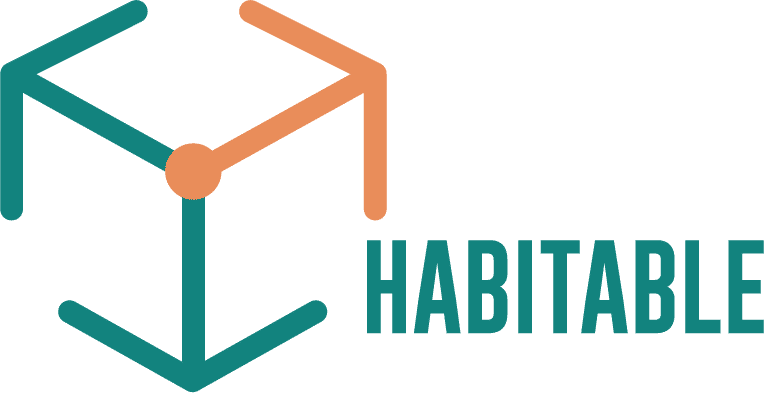- Longitudinal Quantitative Surveys (lead: UNEXE) repeated across two waves, collecting a broad array of demographic, socioeconomic, environmental information on individuals, households, and communities, as well as data on the characteristics of the SES, the scale of climate-related changes to it, and the rate of onset of such changes which impacts the rate of progression of tipping points.
- Fuzzy Cognitive Mapping (FCM) (lead: UTWENTE) will provide the project-wide database of populations’ perceptions of an array of drivers of migration, including environmental, social, economic and political conditions, in sending and receiving areas. This interview and analysis tool will also be used to structure and rank climate change impacts and the effectiveness of (potential) adaptation measures, based on people’s perception of the severity of cause-effect chains of impacts.
- Semi-Structured Interviews (lead: PIK) will be carried out with both migrant and non-migrant beneficiaries of resilience-building interventions projects in order to gain qualitative insight into past and current local-level response coping and adaptation strategies, to assess migration impacts and their effects on adaptation and migration decision making.
- Focus Group Discussions (FGDs) (lead: UNIVIE) facilitated by Participatory Rural Appraisal (PRA) tools such as Migration Impact Assessments will be conducted with migrants and non-migrants, sending and receiving households to the impacts of migration on the resilience and vulnerability of communities, and particularly assess the role of migration for successful adaptation.
- Stakeholder Dialogues (lead: UNESCO) will ensure that local communities and policy-makers are fully integrated into the research design, to allow them to make informed suggestions and decisions; and ensure that research results are fully appropriated by local communities and policy-makers at different levels of government. These include workshops on adaptation programming (WP4) and multi-stakeholder dialogues for co-creation of policy recommendations (WP6).
The design of the data collection tools will be led by partners according to their methodological expertise with inputs from other Work Package leads. Data collection will be implemented by in-country partners based in case study regions to maximise access to the field and incorporate context-based local knowledge. In-country, primary site partners consist of Addis Ababa University (Ethiopia), University of Ghana (Ghana), INSTAT Mali (Mali), Raks Thai Foundation (Thailand) and Samuel Hall (Sudan).
